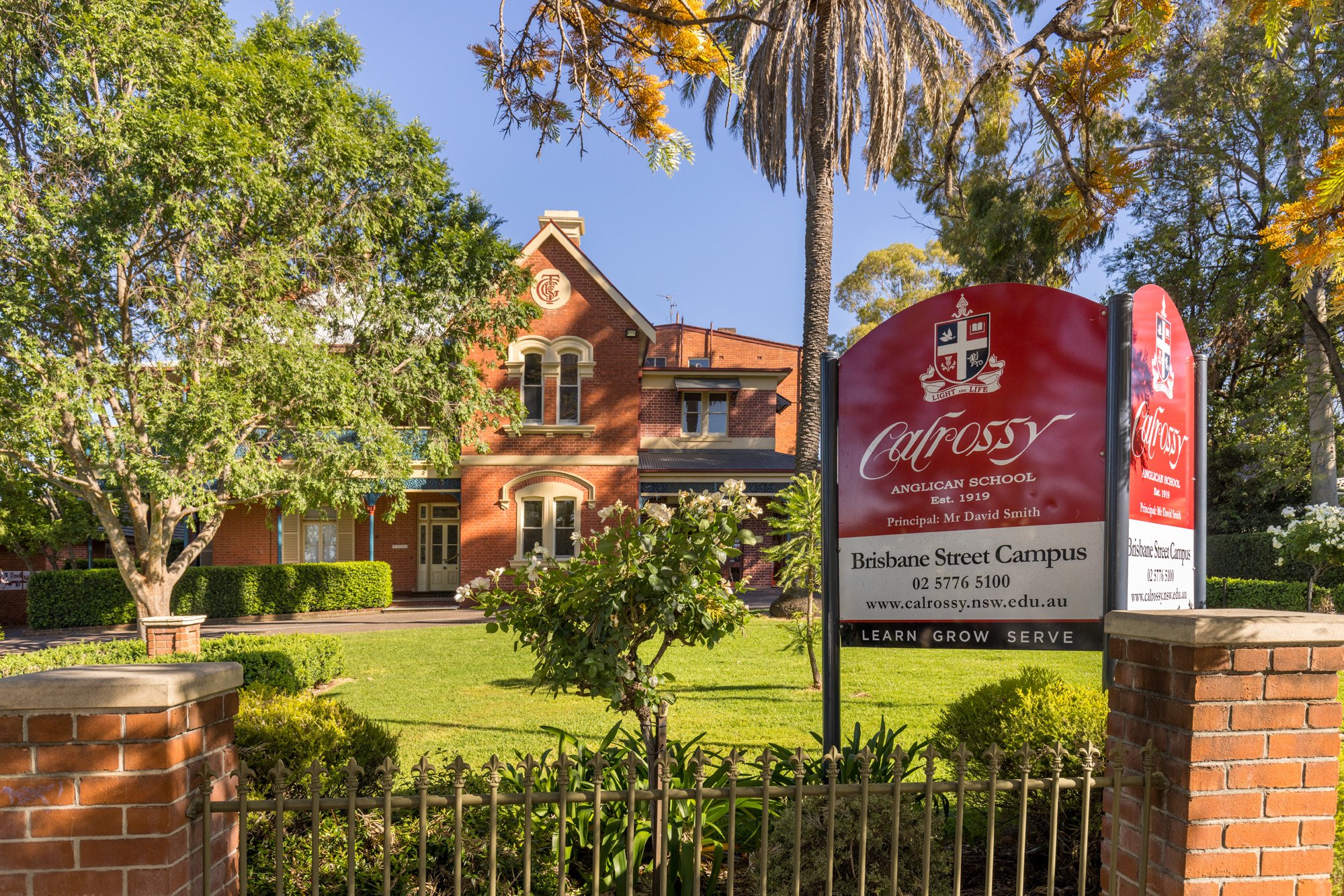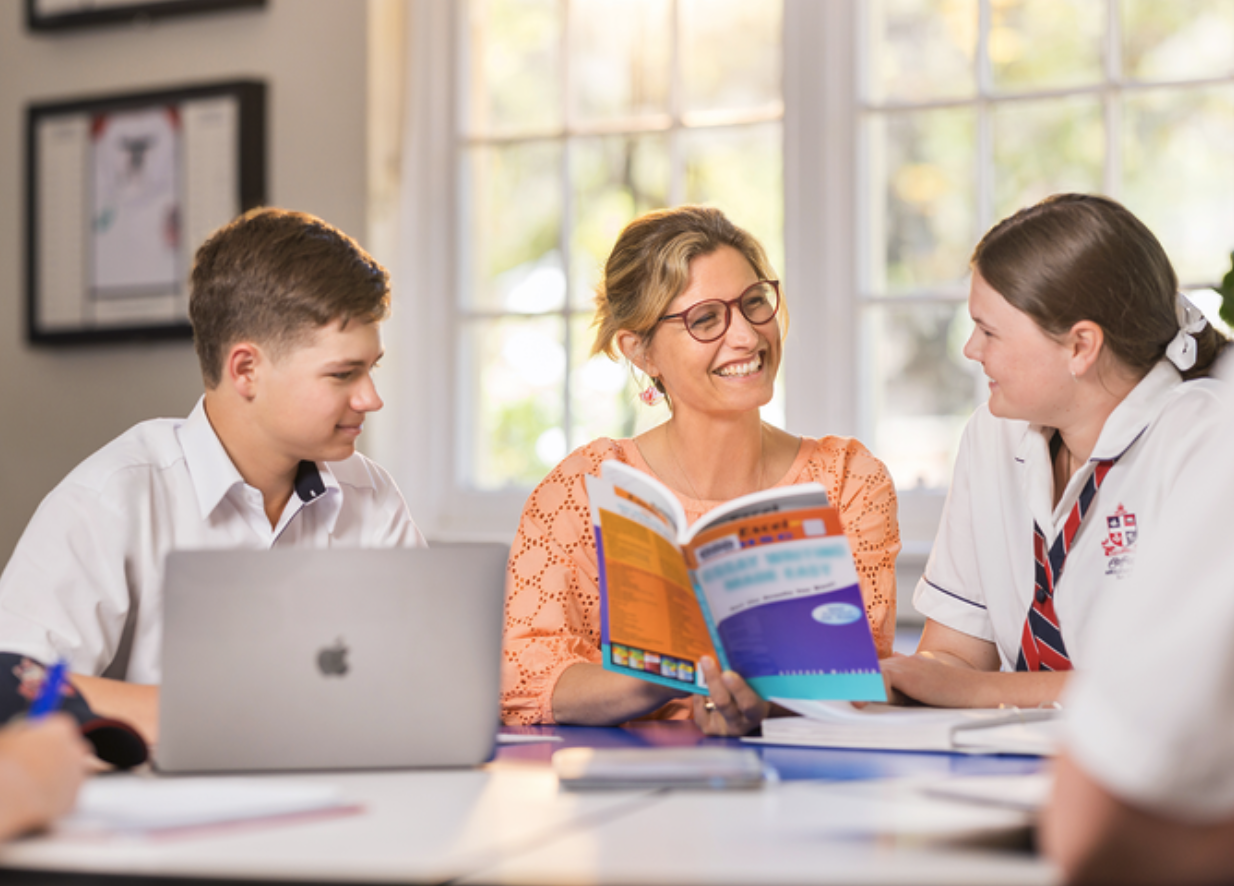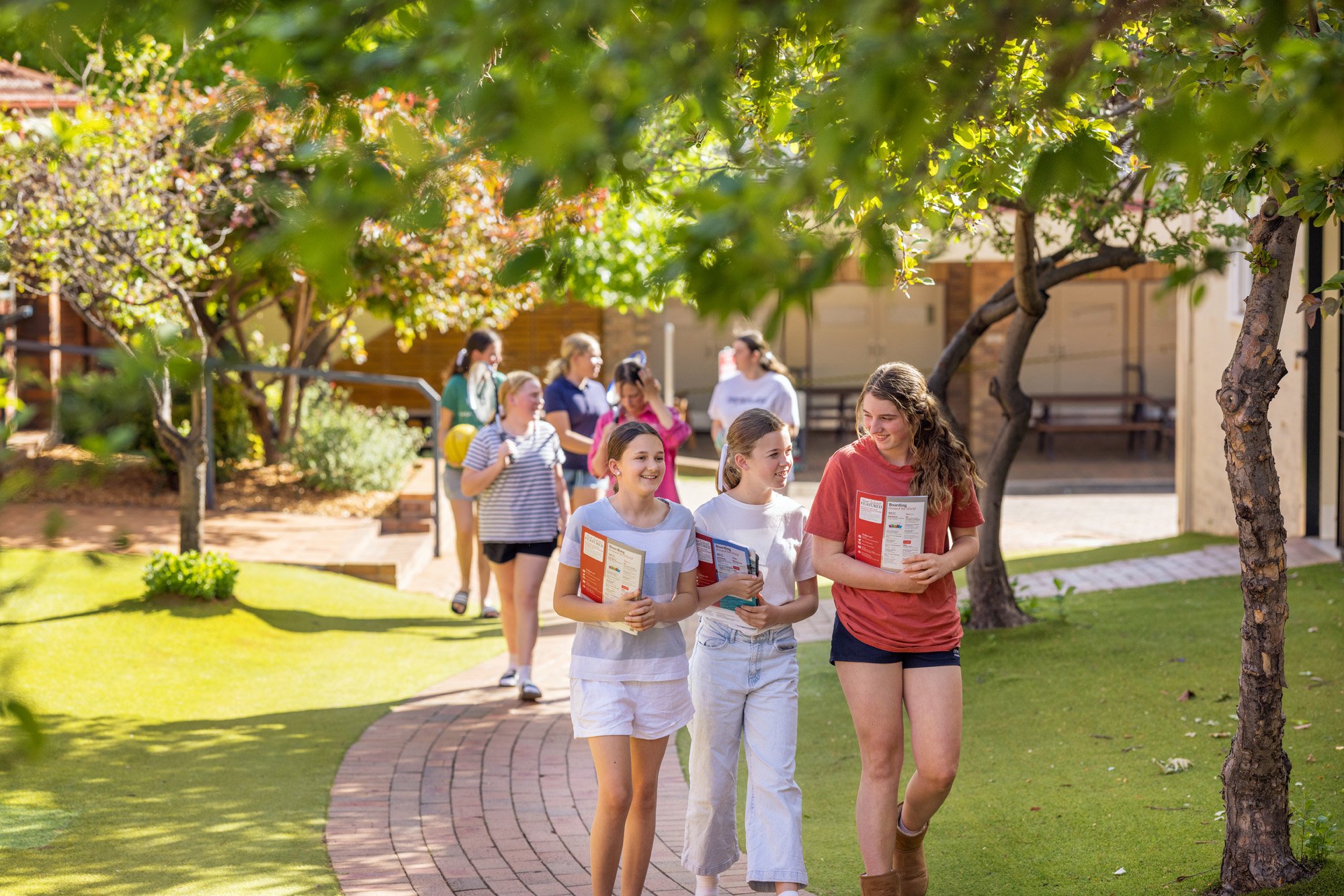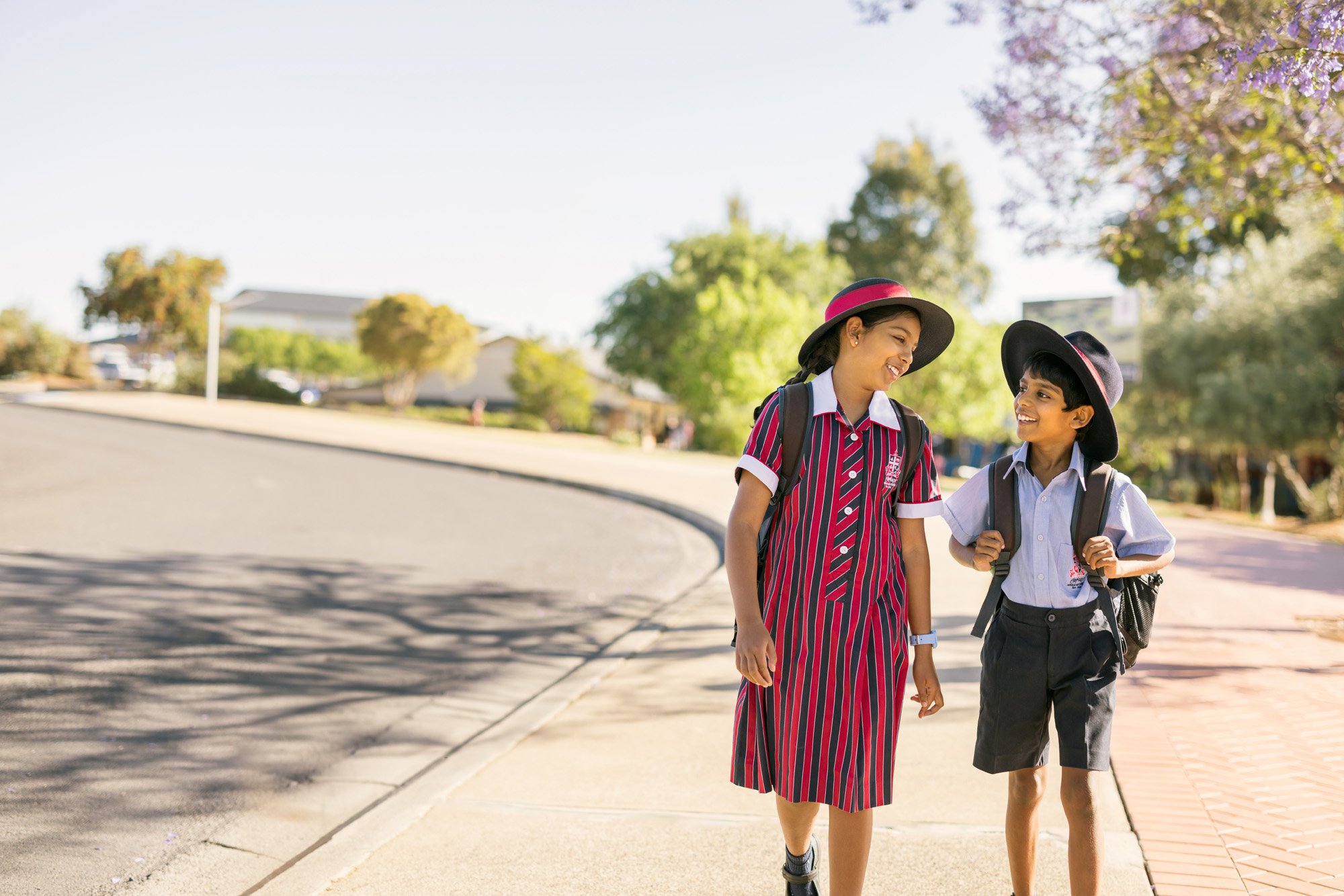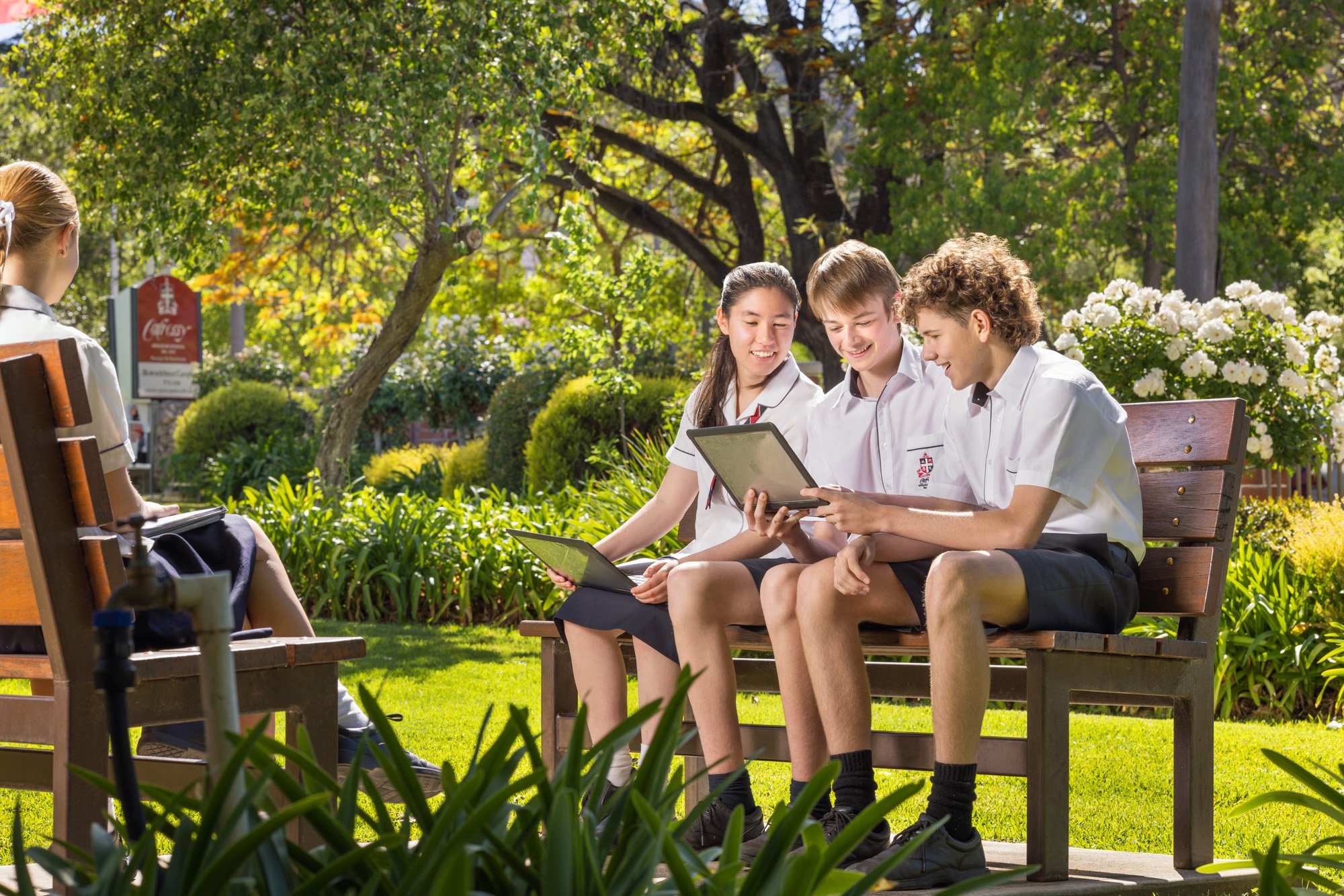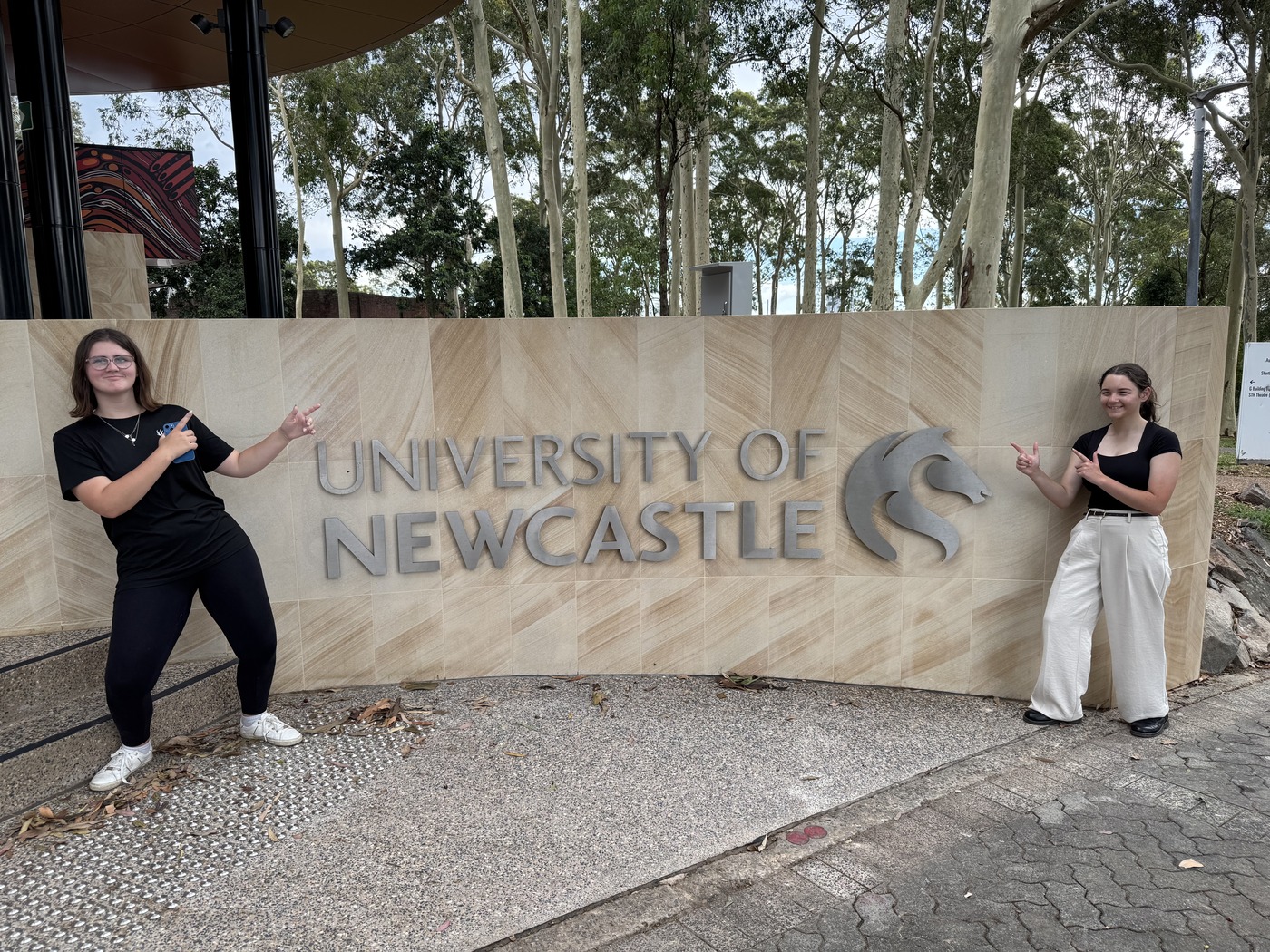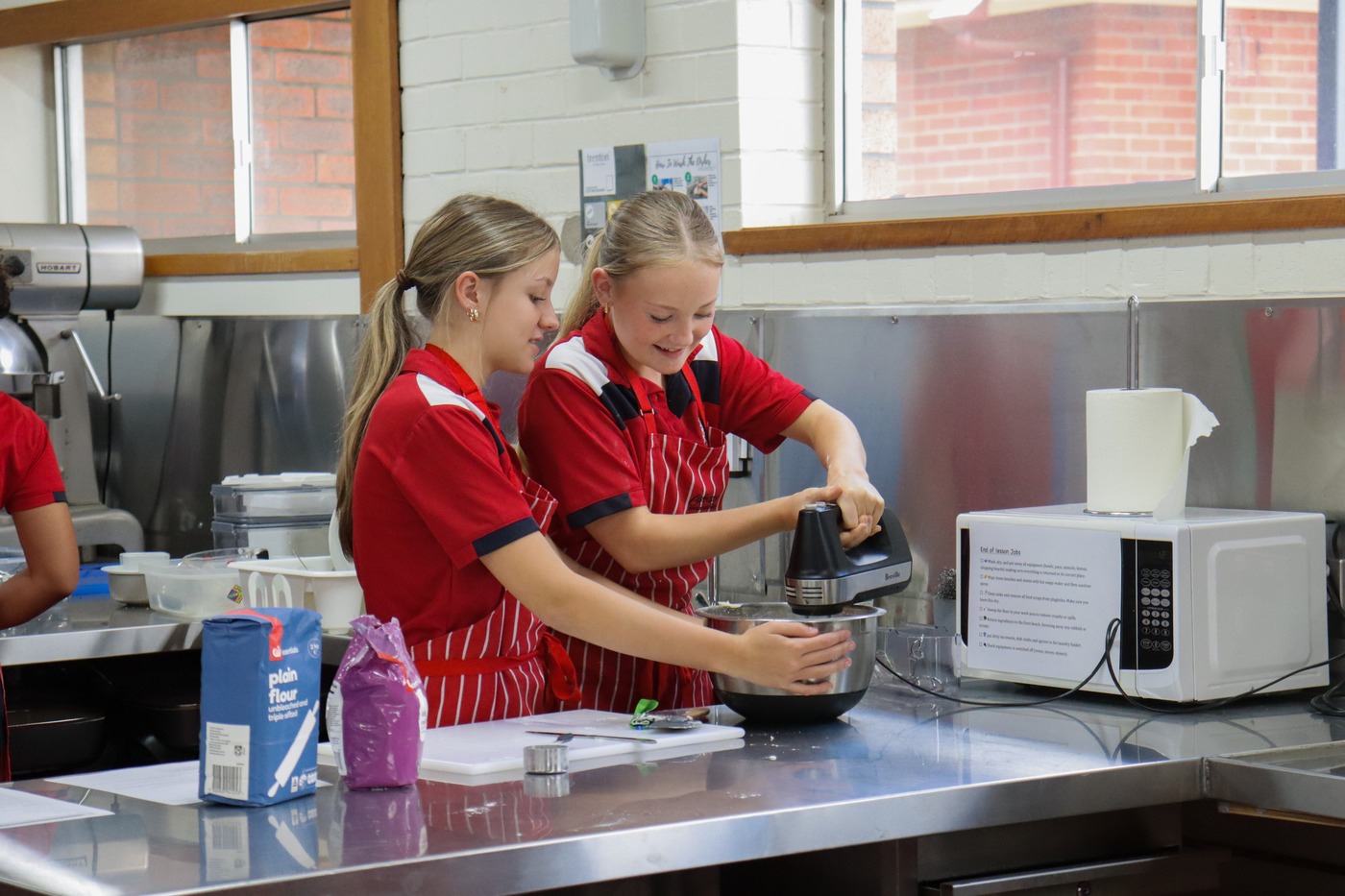Latest News
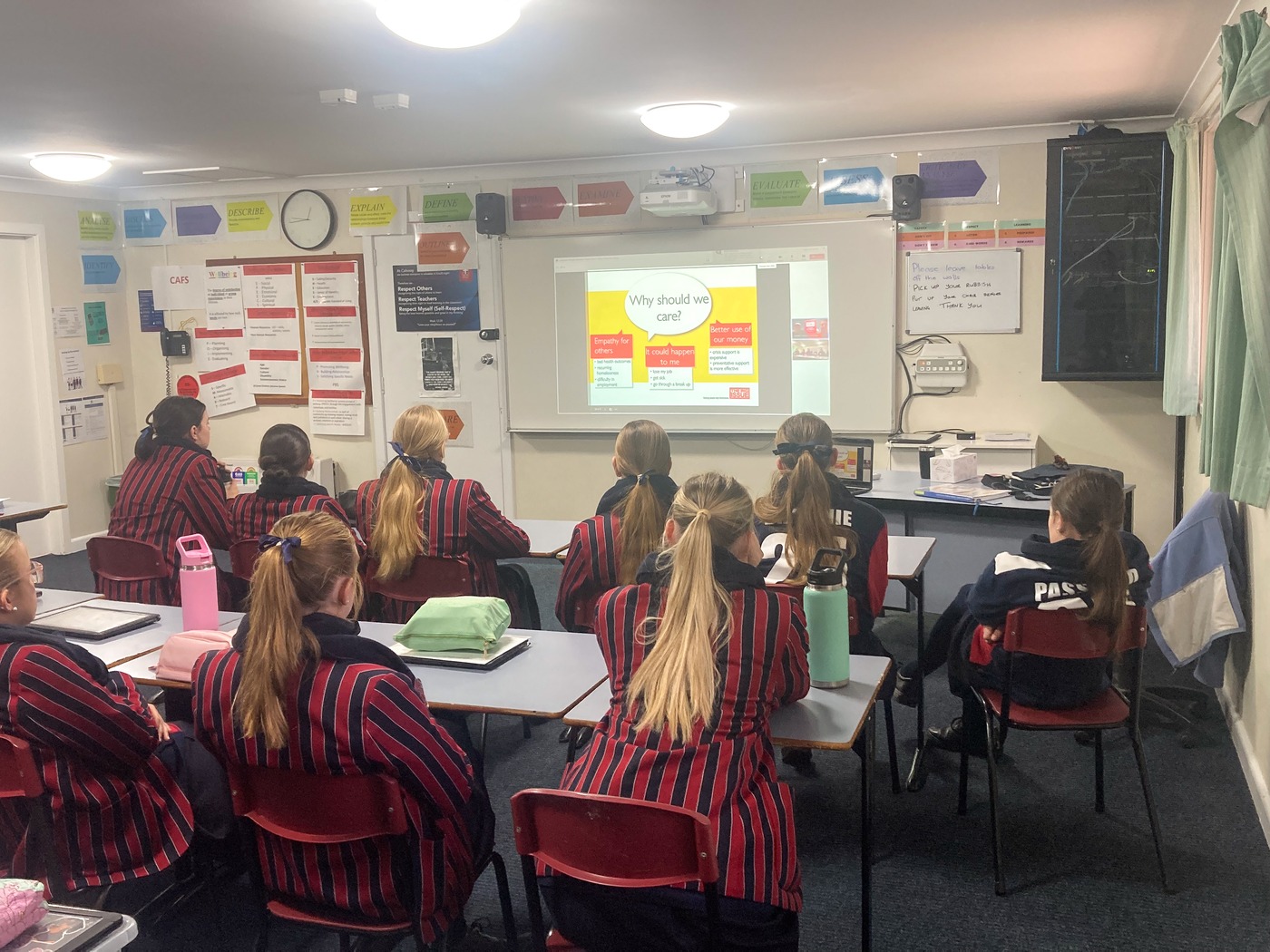
Calrossy’s Year 12 Community and Family Studies (CAFS) students are currently studying the HSC Core unit Groups in Context , which investigates the experiences of various groups within Australian society. As part of this unit, students have chosen to focus on four specific groups: people who are homeless, people with a disability, youth, and families living in rural and remote communities.
This part of the course involves exploring the nature of each group, including the terminology used to describe them, and identifying their specific needs—such as adequate standard of living, access to health care, education, and safety and security. Students also examine the factors that influence each group’s ability to access services, such as geographic location, socioeconomic status, language and cultural barriers, and available support networks.
To complement this learning, students recently participated in a live-streamed workshop with The Big Issue Classroom —a program that offers schools, tertiary groups and organisations the opportunity to gain a real-life understanding of homelessness and disadvantage. Through the workshop, Calrossy students heard directly from guest speakers with lived experience, who shared personal stories about facing hardship and overcoming barriers in daily life.
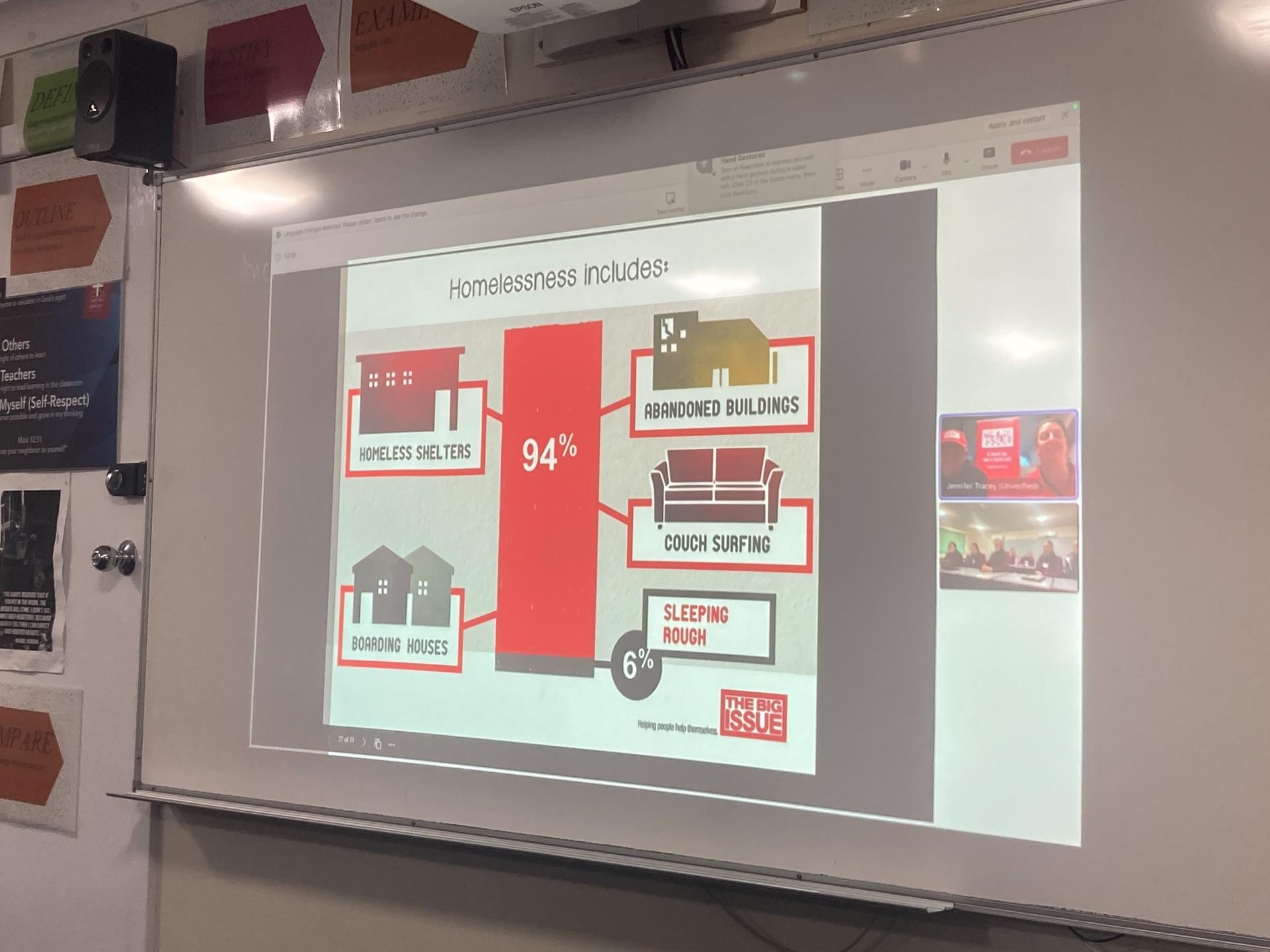
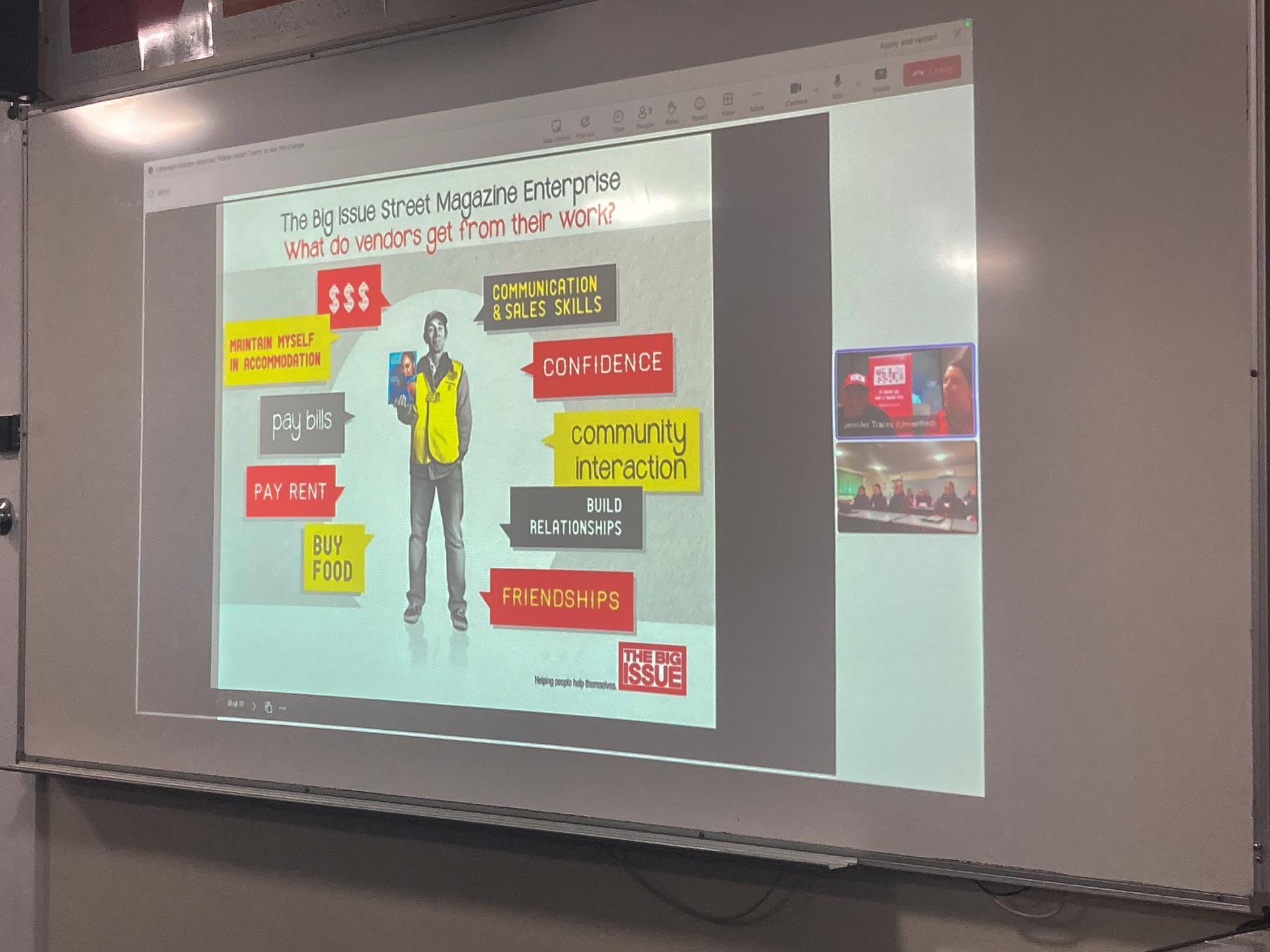
These first-hand accounts helped students challenge stereotypes and humanise the issues they had been studying. The workshop also introduced the concept of social enterprise, highlighting how organisations like The Big Issue create employment and support networks for people experiencing disadvantage.
The session reinforced key aspects of the CAFS syllabus by offering authentic insight into the standard of living challenges faced by people who are homeless, the systemic issues affecting their access to services, and the broader implications for community wellbeing.
It also encouraged students to think critically about how social structures can either support or marginalise individuals based on their circumstances.
Following the workshop, students engaged in thoughtful discussions around equity, empathy, and the role of both government and non-government organisations in addressing social needs. The learning experience gave students not only a deeper academic understanding, but a more personal connection to the realities behind the curriculum.
By engaging with real voices and real experiences, students are developing the knowledge and awareness needed to better understand the challenges faced by diverse community groups—and their own potential to contribute to a more informed and inclusive society.


